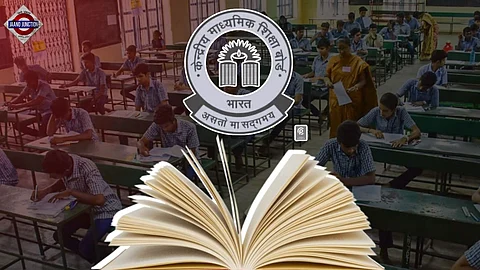

Starting from the academic year 2026-27, class IX curriculum will also include open-book assessments. The decision came in the light of a recently conducted pilot study to evaluate the feasibility of such a model in schools.
The national level board of education came on board with this educational model during a meeting in June. The Central Board of Secondary Education stated that the plan will be integrated within internal assessments for class 9 students. The assessments are supposed to be a part of three sets of pen-paper tests carried out in each academic term. The core subjects include, languages, mathematics, science and social science.
This model is not a mandatory pre-requisite but only a recommendation.
A pilot study in 2023 involved students from classes 9-12. It assessed aspects like question completion time, student performance, and feedback from teachers. Findings came out with figures such as student scores ranging between 12% and 47%. The findings revealed a clear picture where use of reference materials and interpreting interdisciplinary connections is a challenge for many. This move is directly aligned with recommendations of the National Curriculum Framework for School Education (NCFSE) 2023, which has been advocating open-book testing methods to promote critical thinking and real-world application skills among young students.
The introduction of OBAs can be a stepping stone for CBSE as it aligns its assessment structure with the holistic and student-centric goals of the National Education Policy (NEP).
To ensure smoother implementation across affiliated schools, CBSE will strategise and develop standardized sample papers in order to familiarize students and teachers with the model. The sample papers are expected to provide a framework for expected questions that will prioritise analytical reasoning and comprehension.
